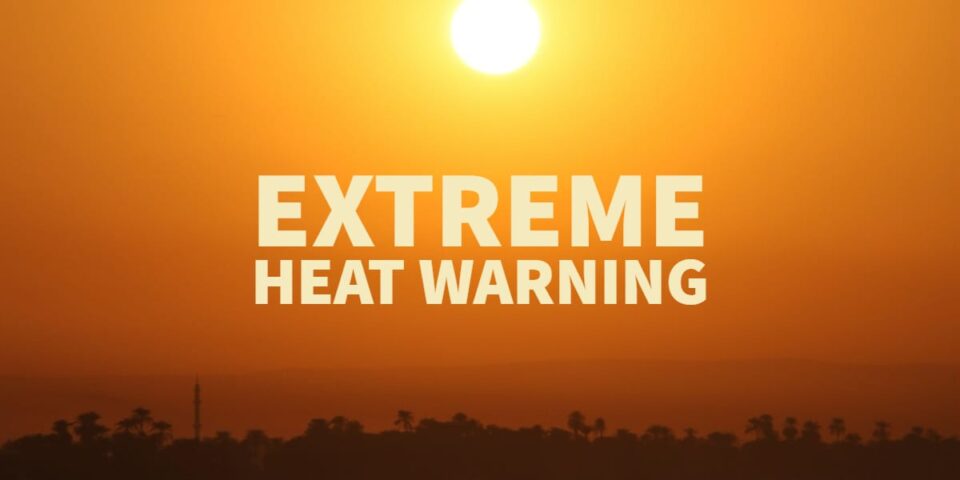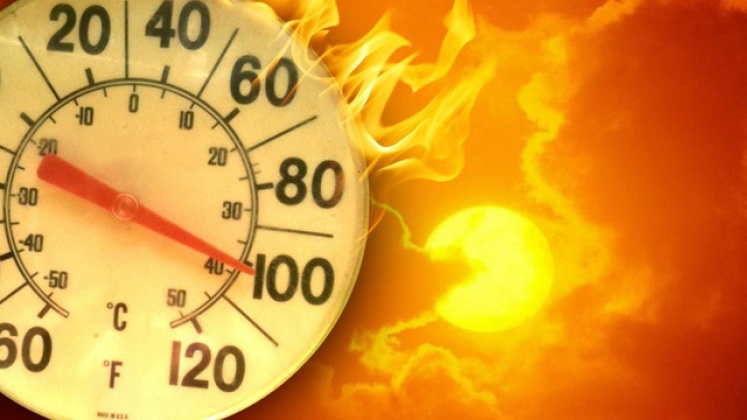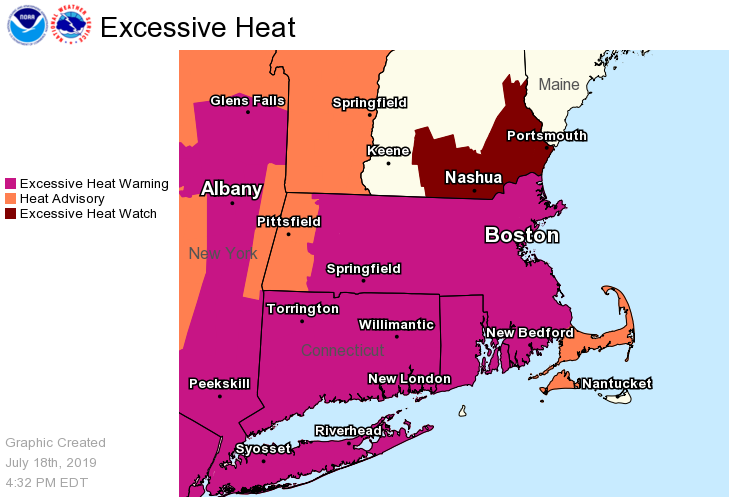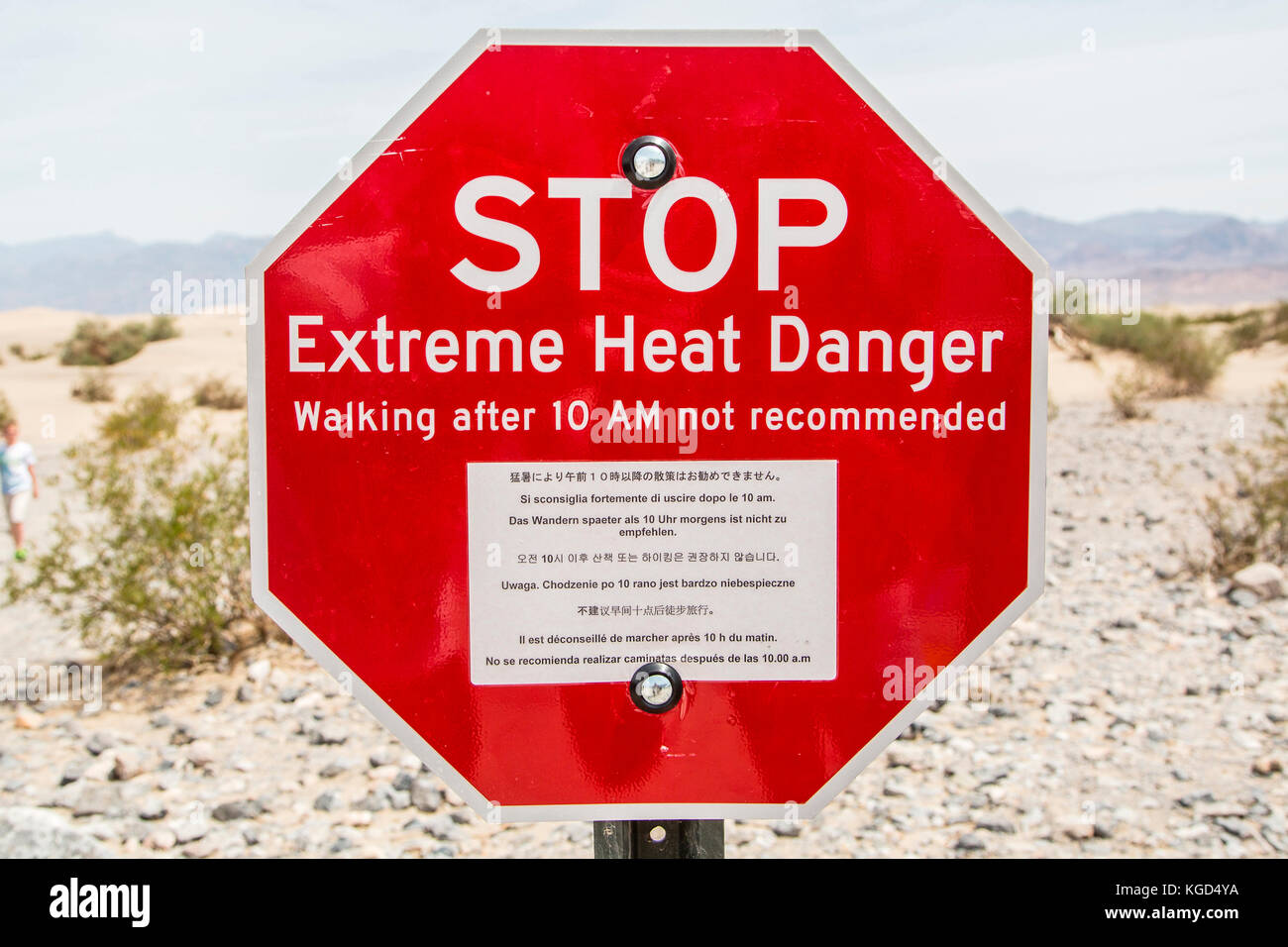
It is important to remember, however, that fans can’t effectively reduce body temperatures or prevent heat-related illness in people at risk.


People with mental illness such as schizophrenia, depression, or anxiety.People with pre-existing health conditions such as diabetes, heart disease or respiratory disease.Preparing for extreme heat is beneficial to everyone however, there are some groups of people who may be more at-risk than others. There are many steps you and your family can take to help mitigate the effects of extreme heat. Connect with people in your life who may be at risk or on their own.īefore the summer begins, start to plan for hotter days.


What’s the difference between a heat warning and an extreme heat emergency? Alert:ĭaytime and overnight temperatures are higher than seasonal norms and holding steady.ĭaytime and overnight temperatures are higher than seasonal norms and getting hotter every day.Īctivate your emergency plan. What is extreme heat?Įxtreme heat or an Extreme Heat Emergency is when temperatures are well above seasonal averages and continue to get hotter each day.Įxtreme heat is dangerous for the health and wellbeing of our communities and is responsible for the highest number of weather-related deaths annually. This is why it’s critical for people to understand the risk, prepare for hotter conditions, and know where to access support. BC is experiencing higher annual summer temperatures and more extremely hot days due to climate change.īecause of this, there’s an increased likelihood of more extreme heat events like the 2021 heat dome.


 0 kommentar(er)
0 kommentar(er)
